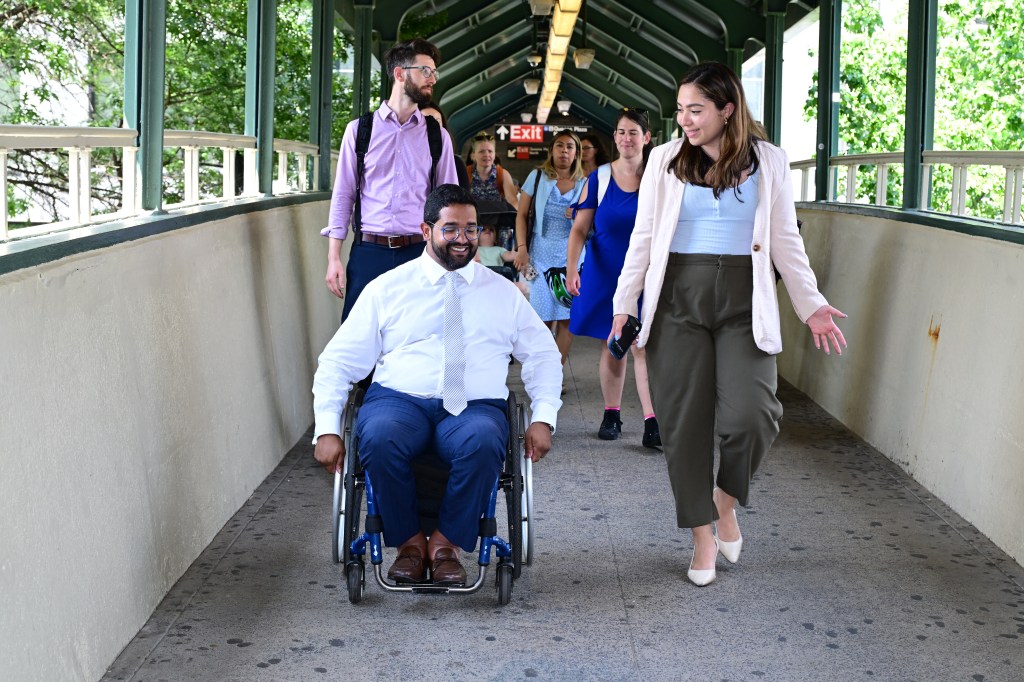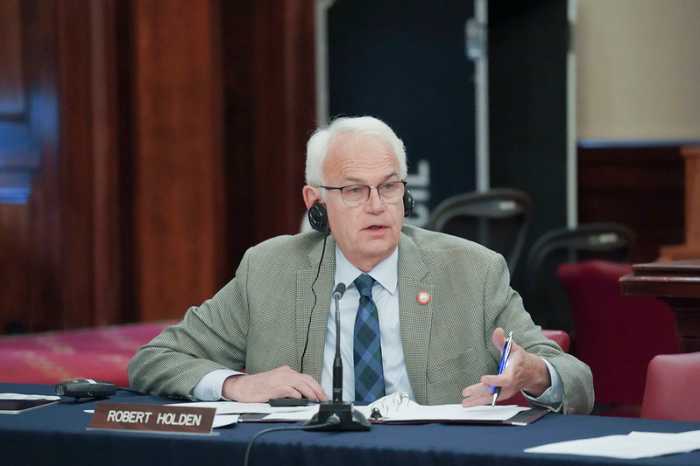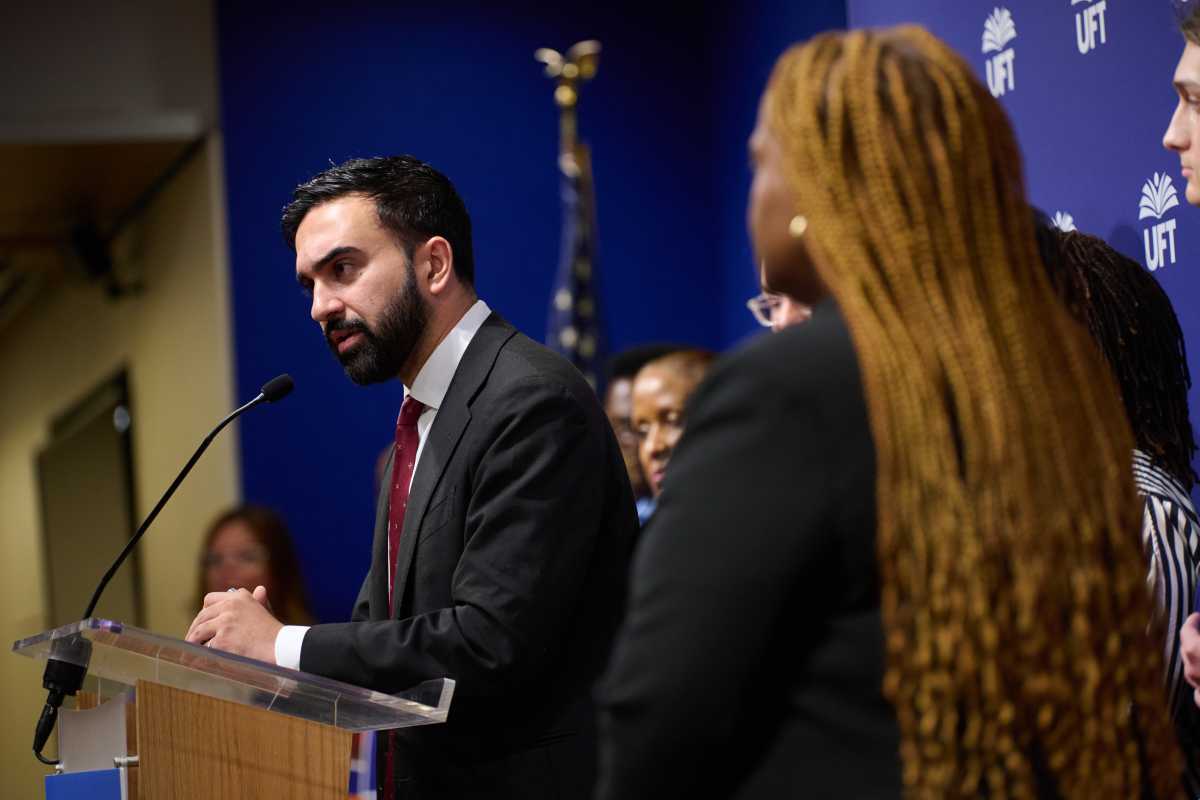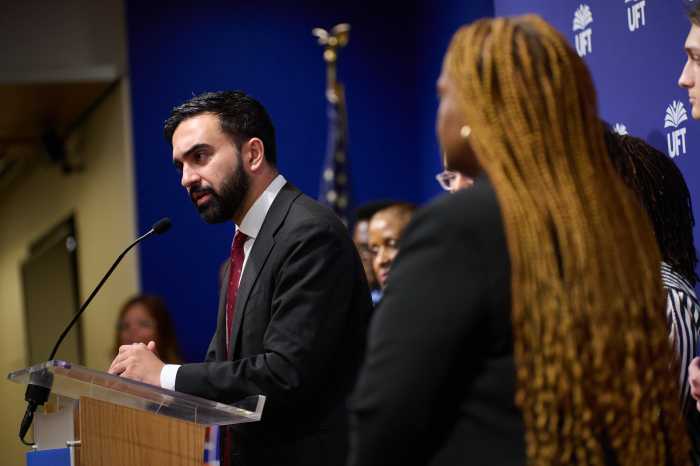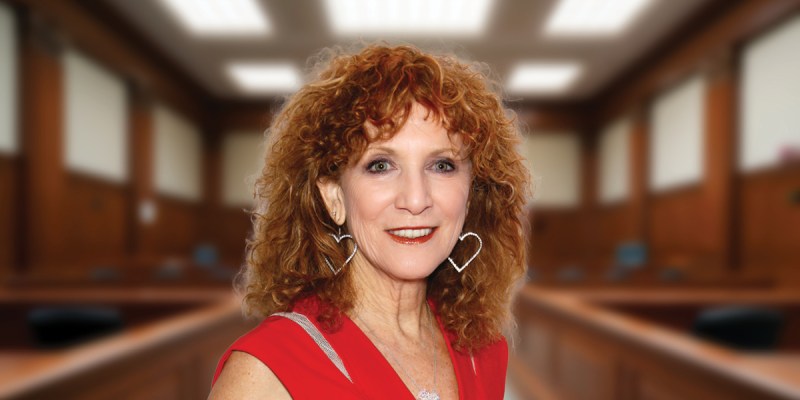By Gabriel Rom
Elly Berkovits Gross, a Holocaust survivor, offers no easy explanations for the things that she has been through.
Gross, who survived the atrocities of the Nazi regime through fortitude, courage and sheer luck, spoke last week at Bayside’s Cardozo High School and told hundreds of students her harrowing story.
Gross was born in Simleu Silvaniei, Romania in 1929. In 1944, her family, along with thousands of other Jews, was transported via cattle cars to the Auschwitz concentration camp in southern Poland. The sprawling complex, which includes Auschwitz I and Auschwitz II-Birkenau, was the site of the killing of more than 1.1 million people (some estimates say as many as 1.5 million), about 900,000 of them Jews.
Illness and fear were facts of life in the camps.
Gross told the story of being very sick and being denied care, until a German S.S. officer decided to give her medical attention, likely saving her life. It created an ethical dilemma for Gross—and the audience: how to remember this man?
“As long as I am alive I will never understand it,” she said. “He was a killer. He was killing others even as he helped me.”
It was one of many complex and troubling moral dilemmas Gross posed to students.
Gross described how she was separated from her mother and brother, whom she never saw again.
“You will see your mother on Sunday at a family reunion,” a S.S. guard had told her. “I always waited for that Sunday,” Gross said. “It never came.”
“I could never be sure if it was a dream,” she added. “I would wake up—and my mom would come and wake me up and tell me it was all a dream, tell me it was time to go to school.”
She attempted to take the audience back to her experience in Block 18 at Auschwitz.
“The dead, the sick, the elderly, I saw gigantic chimneys, and I remember far away I heard what sounded like classical music, like a symphony,” she said.
After surviving Auschwitz, Gross was then transferred to Fallersleben, a part of the Neuengamme concentration camp in Germany, where she performed slave labor for Volkswagen. She mentioned that she would see planes—“small as my fingers”—above the camps that were Allied bombers, but they never attacked the train lines which moved so many millions to their deaths.
Gross was liberated by the Allied forces in 1945. Elly returned to her home town, where she soon married family friend Ernest Gross. Gross immigrated to the United States with her family in March 1966 and learned English at the age of 37 and graduated from LaGuardia Community College with an associate degree in Fine Arts at the age of 64.
She has two children and five grandchildren, who also live in the United States.
As Gross finished her lecture, she politely requested that the students not applaud for her.
“Don’t applaud. This is a tragic part of my life and many of us are long gone.”
Some of the teens looked puzzled.
“When you go to a cemetery, do you applaud?” she asked.
Reach reporter Gabriel Rom by e-mail at grom@


